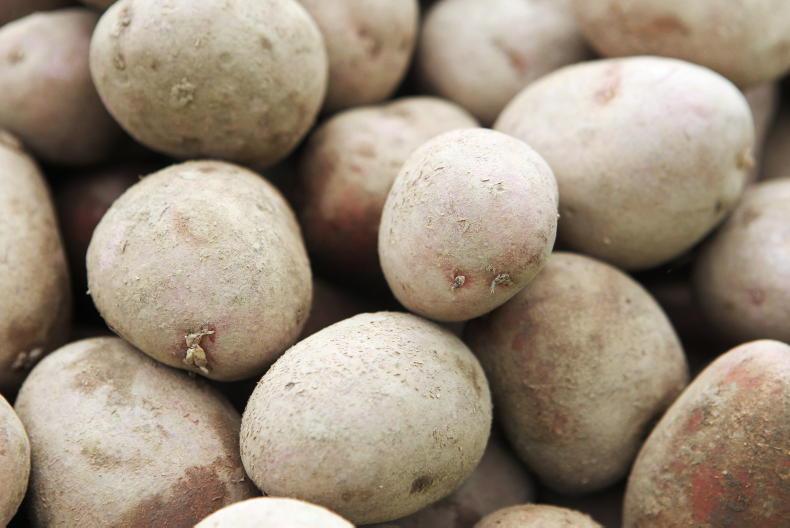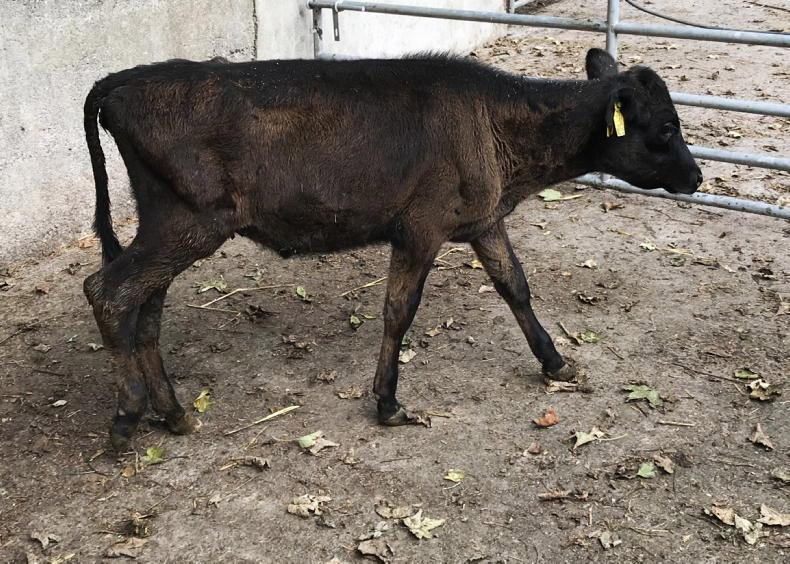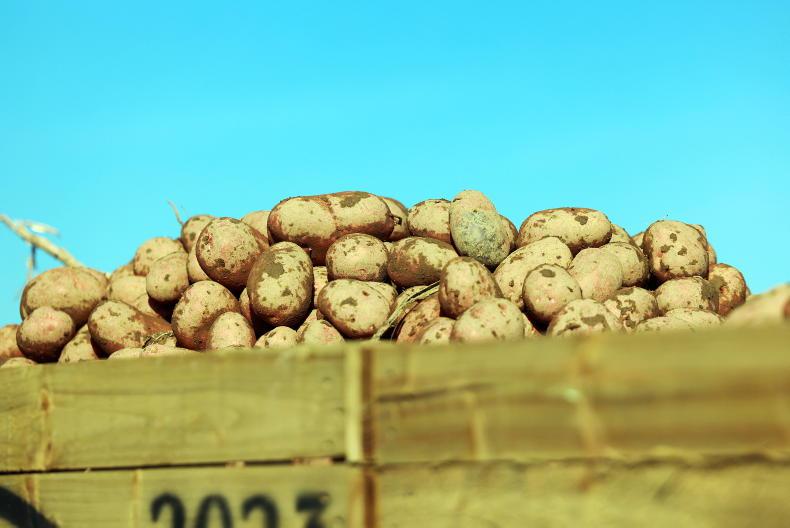People with type 2 diabetes are often warned against the consumption of high-GI foods, such as white potatoes, especially at night, as they tend to make it more difficult to control blood sugar levels.
Glycemic index (GI) is a measurement used to determine how certain foods raise our blood sugar. This is called our glycemic response.
However, a recent study published in Clinical Nutrition Journal has shown that sufferers of type 2 diabetes may not need to avoid potatoes, as was once thought.
Positive results
Researchers investigated the impact of potato consumption as part of a mixed evening meal on nocturnal glycemic response.
The study involved 24 males and females with type 2 diabetes in four experimental trials after consuming breakfast, lunch and dinner.
Each meal consisted of 50% carbohydrates, 30% fat and 20% protein. Dinner included potatoes that were either boiled, roasted, boiled and cooled, or basmati rice.
Blood samples were consistently taken before and after eating to monitor the participants’ glycaemic response and control. They also wore monitors overnight to observe their blood sugar levels while sleeping.
No negative effect
The study concluded that there was no significant difference in glycemic response after eating high-GI boiled or roasted potato-based meals compared with low-GI basmati rice.
The study actually found that eating potato-based meals at night had more favourable results than the low-GI basmati rice.










SHARING OPTIONS